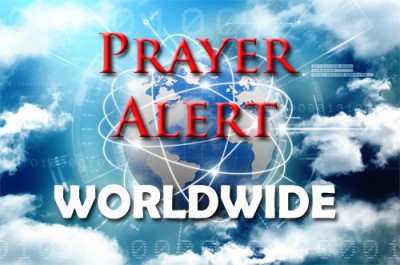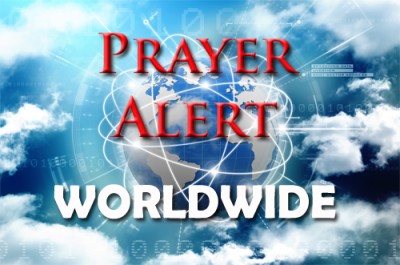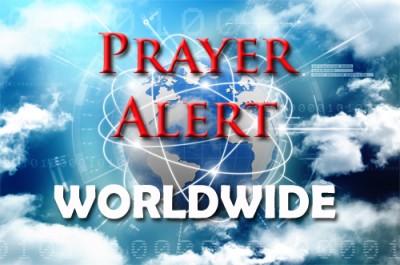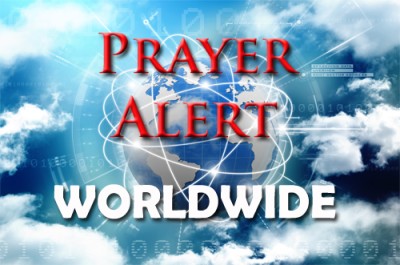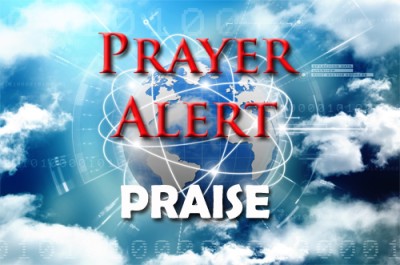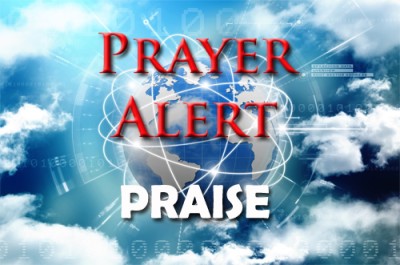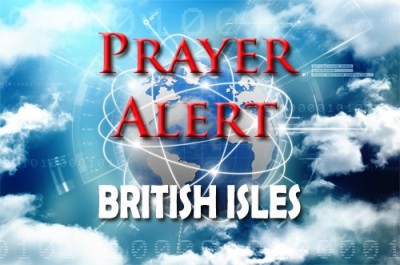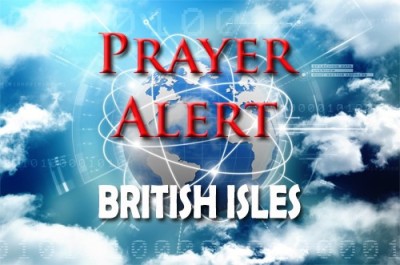Global: ‘a journalist is killed every four days’
07 Nov 2024A recent UNESCO report shows that the number of journalists killed worldwide surged in 2022-23, with a significant increase in fatalities. On average, one journalist was killed every four days, highlighting the growing danger faced by media workers. The total number of journalists killed during this period reached 162 - a 38% rise. Latin America and the Caribbean accounted for the most deaths (61). In 2023 the majority of journalist killings took place in conflict zones, a reversal of a long-term decline in such deaths. The report also highlighted the alarming issue of impunity; 85 percent of journalist killings remain unsolved. 14 women journalists were killed, and the Palestinian territories saw the highest number of fatalities, with 24 journalists killed in the line of duty. UN secretary-general Antonio Guterres has called on governments to take ‘urgent steps’ to protect journalists and investigate and prosecute all crimes against media workers.
Benjamin Netanyahu has dismissed defence minister Yoav Gallant amid Israel’s ongoing conflicts with Gaza and Lebanon, citing a lack of trust. Gallant’s opposition to ultra-orthodox military conscription and his differing views on hostages have long put him at odds with Netanyahu: he had also publicly dismissed Netanyahu’s oft-repeated goal of ‘total victory’ over Hamas, saying that Israel’s military success had created the conditions for a diplomatic deal. His replacement, foreign minister Israel Katz, vowed to prioritise Israel’s security, emphasising the return of hostages and a decisive stance against Israel’s enemies. Gallant, seen as a moderate influence in Netanyahu’s coalition, was considered to be a stabilising figure. His dismissal sparked major protests across Israel, with citizens decrying the decision as a threat to national security. US officials expressed concern over the timing, especially in the middle of two wars. Meanwhile, on 7 November Israel allowed the evacuation of 231 seriously ill and injured patients from Gaza, the biggest since the conflict broke out. However, WHO said there were still up to 14,000 people waiting for evacuation for medical reasons.
Indonesia: another deadly volcanic eruption
07 Nov 2024On 3 November Mount Lewotobi Laki-laki, located on Flores Island in eastern Indonesia, erupted, triggering a deadly disaster. The eruption unleashed explosive lava, volcanic ash, and fiery rocks, and at least ten have died. In response, authorities raised the volcano's alert level to the highest, evacuating residents from the area within a seven-kilometre radius. Some settlements, about four kilometres from the crater, were struck by burning lava and rocks. The government declared a state of emergency for 58 days, enabling emergency aid for around 10,000 affected residents. In addition to the immediate danger of lava, authorities warned of potential flash floods and cold lava mudflows. There have been two other violent volcanic eruptions this year in Indonesia, highlighting the nation's vulnerability.
Just a few hours before the US presidential election began, North Korea launched several short-range ballistic missiles into the sea east of the Korean peninsula. The missiles were fired from a province south of Pyongyang. South Korea confirmed the launch but has not released further details. Kim Jong-un’s sister, Kim Yo-jong, condemned the recent US-South Korea-Japan trilateral air drills involving B-1B bombers, calling them ‘hostile’ and ‘invasive’. She argued that such actions justified the expansion of North Korea’s nuclear programme. This missile test follows a significant launch on 31 October, when North Korea tested what is believed to be a new intercontinental ballistic missile. South Korean officials had earlier warned that North Korea might engage in provocative actions around the US election, raising regional tensions and global concerns.
In the aftermath of Hurricane Helene, Howard and Lisa Ray, a North Carolina couple, experienced God’s saving power firsthand amidst unimaginable devastation. When floodwaters from the hurricane overtook their trailer, they used their couch to stay afloat as the water rose nearly thirty feet above normal levels. They drifted 400 yards on their makeshift raft, with Howard reassuring Lisa, ‘If we’re going to drown, we’re going to drown together’. Eventually, Lisa managed to pull herself up on a barbed-wire fence, sustaining cuts in the process, and they took shelter in a nearby garage. They lost everything but incredibly were soon reunited with their dog, Saddi, which had waited at the ruins of their home. Supported by donations from their church, they are pressing forward, convinced that God has a purpose in their survival. The chaplain assisting relief efforts echoed their faith, testifying to God’s guidance and strength in the worst storm damage he had ever seen.
Revival continues in US colleges
01 Nov 2024A powerful revival movement continues to sweep across US college campuses, led by UniteUS, a group that began at Auburn University. Students gather in stadiums and auditoriums, usually filled with cheering sports fans, to celebrate salvation in Christ. This revival meets students where they are, offering hope to those burdened with guilt, shame, and life struggles. Many young adults arrive with feelings of despair, but they encounter Jesus, who brings transformative joy and purpose. 'I came in ready to end my life and left with the most joy I’ve ever had’, one student said. The impact has spread from one campus to another, with thousands of students attending each event. These gatherings provide a space for healing and openness as they pray for one another and build community. Tonya Prewitt, founder of UniteUS, believes, 'This revival is just beginning. It’s a movement.' Christian student leaders support these events, facilitating prayer, personal testimonies, and baptisms, which reignite faith and change lives.
Budget: NHS, schools, houses, tax rises
01 Nov 2024The UK’s largest tax increase since 1993 was announced as Rachel Reeves introduced a budget aimed at revitalising healthcare, education, and infrastructure. Taxes will rise by £40 billion, with employer national insurance contributions, capital gains tax, and VAT on private school fees among the primary targets. These funds, coupled with higher borrowing, aim to close a financial gap left by previous administrations, supporting the NHS, affordable housing, and transport projects. Reeves acknowledged the 'difficult decisions' required, defending these increases as essential to 'rebuild Britain' without directly impacting individual income tax, VAT, or national insurance. Critics argue, however, that these tax hikes may still burden working people indirectly. In response to Tory criticisms, Reeves insisted that Labour’s approach will prevent austerity and 'put more pounds in people’s pockets' while providing relief measures for small businesses and the retail, hospitality, and leisure sectors.
Southport attack: murder suspect in court
01 Nov 2024Axel Rudakubana, 18, appeared in court facing new charges related to a deadly stabbing incident at a Taylor Swift-themed dance workshop in Southport. The charges, stemming from a home search, include producing ricin and possessing an al-Qaeda training manual. Rudakubana has already been charged with three counts of murder and ten counts of attempted murder, for the attack in July when three children were killed and others injured. The magistrate linked the new charges to his previous ones, transferring them to Liverpool Crown Court, where Rudakubana will next appear in November. Despite finding materials linked to terrorism, authorities have not classified the incident as a terrorist attack. Following the attack, false online claims regarding Rudakubana’s background triggered nationwide riots, leading to over 1,500 arrests.
